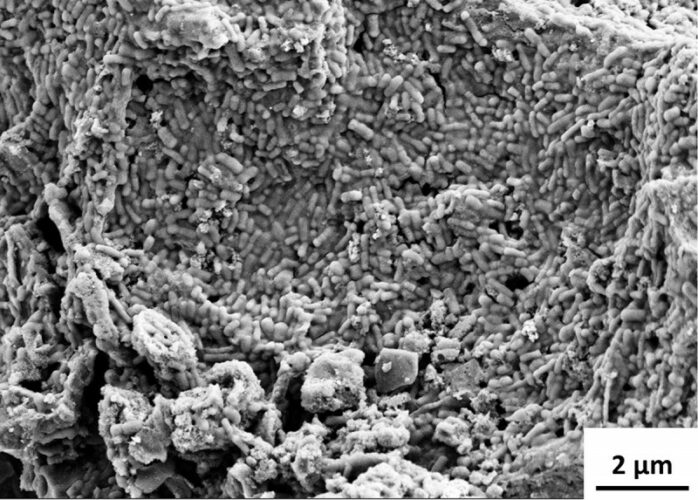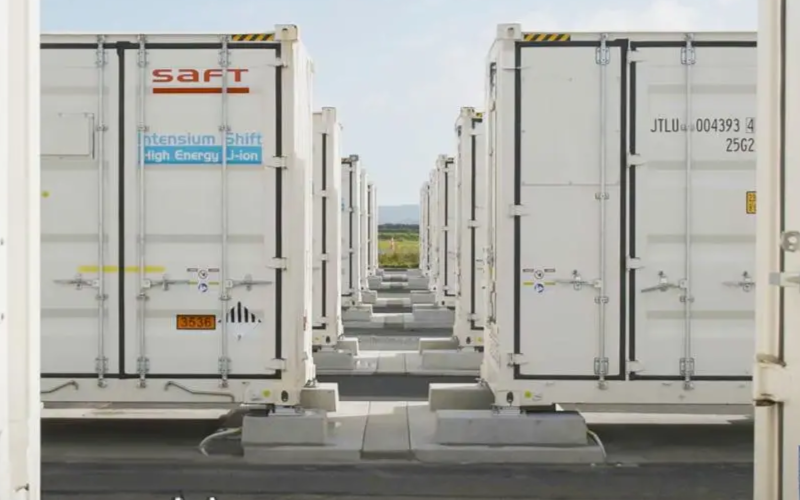Australia is facing a call to follow the European Union, where all EV and industrial batteries over 2kWh sold into the market will require a unique battery passport from 2027.
In Australia the battery recycling industry is struggling to improve and expand recycling processes. The major bottlenecks are lack of guidance and standards about battery waste recycling and a scarce network of collection points.
Automotive and recycling industry representatives issued a warning at the Transition to Electric Vehicles inquiry in Sydney, which also heard calls for a battery passport for electric cars. According to a report from the Australian Associated Press, the inquiry was told the introduction of EV battery passports would allow the packs to be labelled for streamlined and safe handling at end of life.
But Australia’s battery recycling industry is in crisis and is unprepared, it heard. Australian Council of Recycling CEO Suzanne Toumbourou told the inquiry: “The recycling and the waste sectors are in a crisis relating to incorrectly disposed-of batteries that cause fires in all types of facilities. We don’t have a sufficient collection system; we don’t have a sufficient extended producer responsibility system for batteries.”
According to Toumbourou, the focus areas for Australia would be clear rules on battery labelling, transport and disposal, including a ban on dumping them in landfill, before local facilities could break down and process EV batteries. While Australian facilities were able to extract valuable black mass from batteries that contains metals such as lithium, cobalt and graphite, they were unable to process the material onshore.












